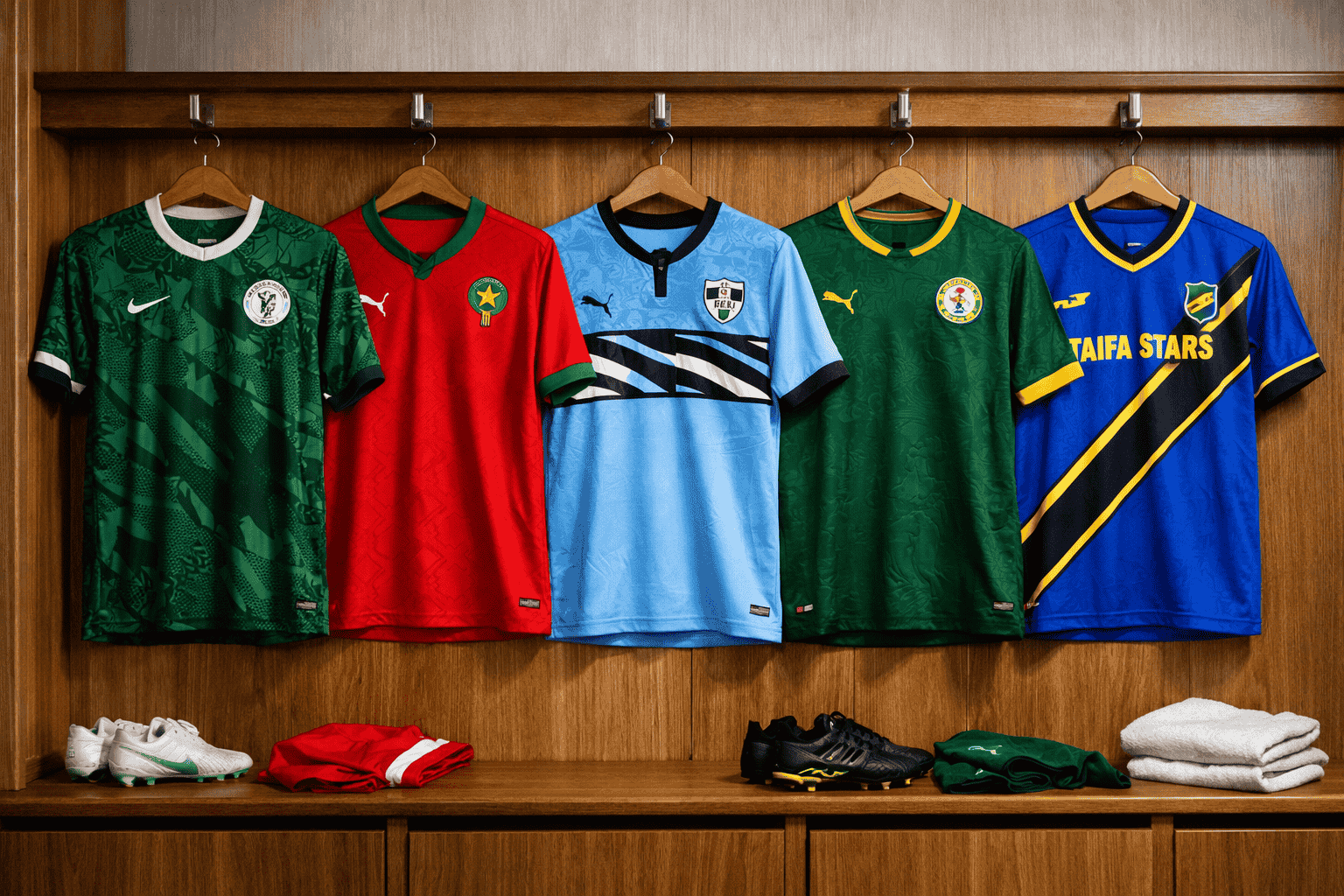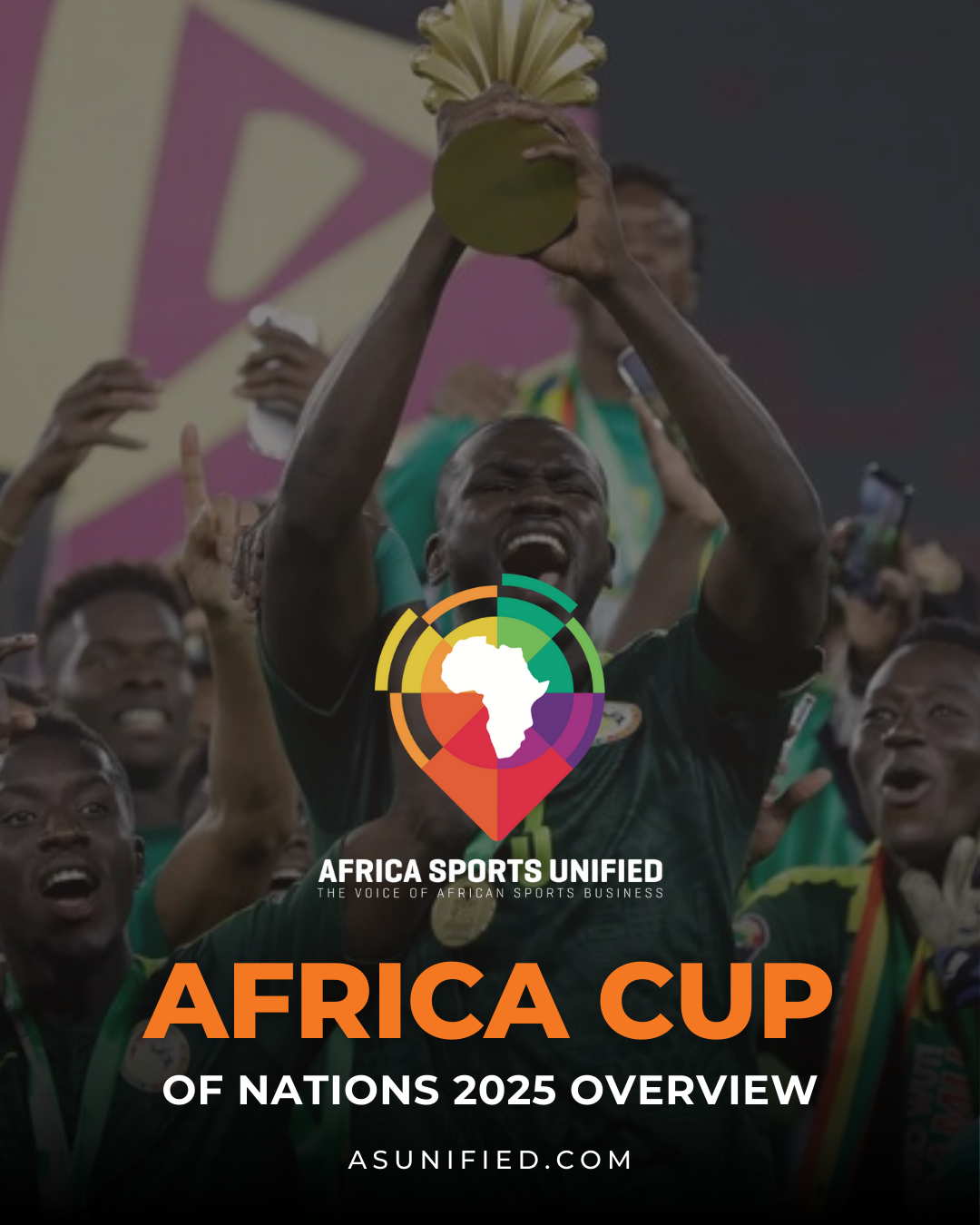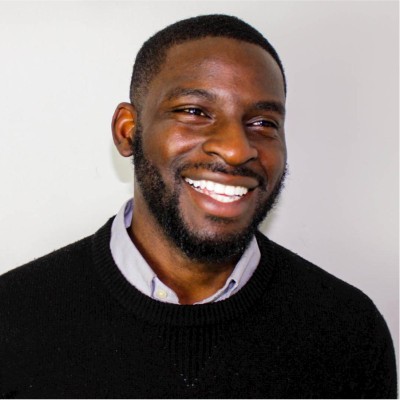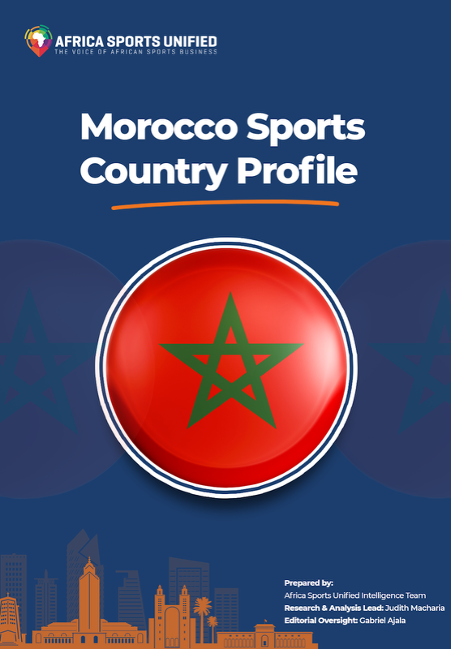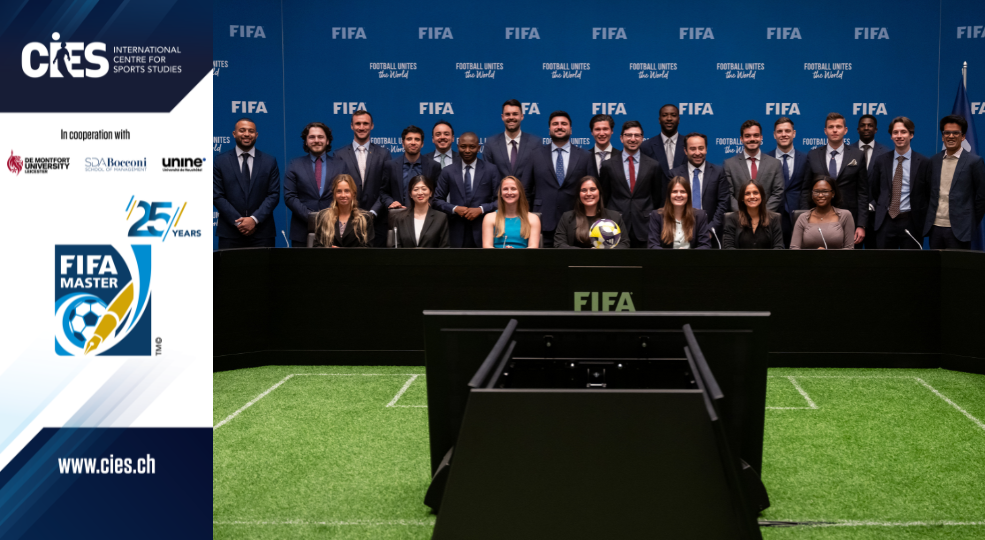As Donor Funding Dries Up, Africa Must Build Its Sports Future, Not Wait for Aid
Gabriel Ajala
November 24, 2025
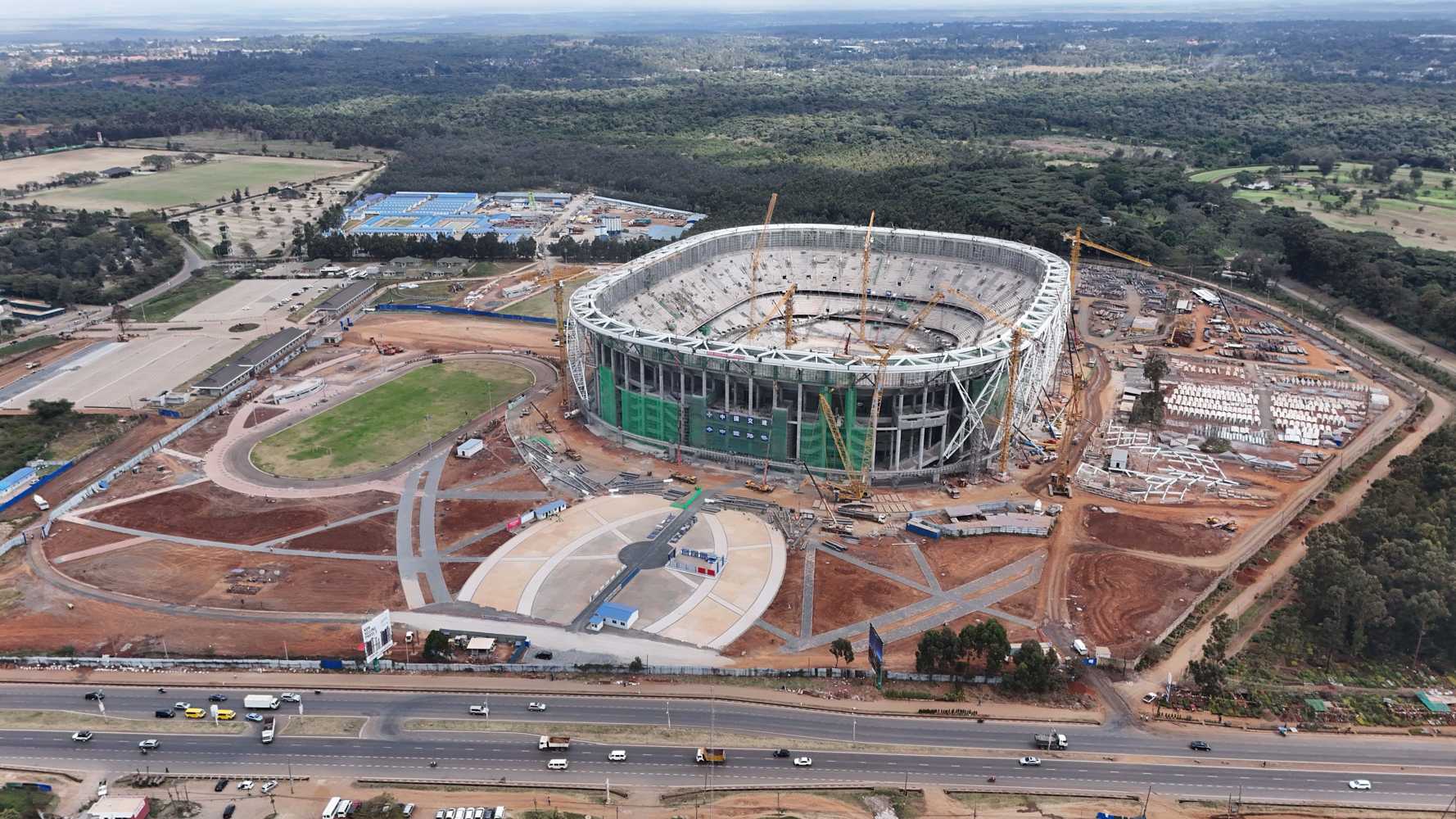
As donor aid declines, Africa must reimagine sport as an economic engine, building sustainable, self-funded systems that drive growth and trade.
1. Introduction: The Wake-Up Call
International aid to Africa is shrinking and sport is no longer a donor priority.
According to the OECD, Official Development Assistance (ODA) to Africa fell by nearly 8% in 2022, with many donor countries redirecting budgets toward domestic recovery, climate adaptation, and humanitarian crises in Ukraine and Gaza. As global funding priorities shift, African nations face a pivotal choice: continue waiting for support, or reimagine sport as a home-grown economic engine.
But before we go further, let me clarify an important point. This article is not to point the finger or tarnish the importance of donor-led support. Many of which have and continue to help the growth and development of not only sports, but human capacity and growth.
The issue occurs when there is an over-reliance on such, which then causes an imbalance to the growth and structure of a sustainable sports ecosystem
The Decline in Aid: A Structural Wake-Up Call
The Mo Ibrahim Foundation reports that Africa's share of global ODA has fallen from 37.6% in 2013 to 26.7% in 2023, even as total external public debt on the continent nearly doubled from US $349 billion in 2014 to US $690 billion in 2023. In 2023, Africa received about US $73.6 billion in ODA less than the continent earned from remittances (2023: US $90.8 billion), foreign direct investment (2024: US $97.1 billion) and tax revenue (2022: $479.7 billion).
For years, sport in Africa has benefited indirectly from donor-led "Sport for Development" programmes funded by agencies like UK Aid, GIZ, USAID and others. These initiatives promoted youth empowerment, gender equality, and community health. As with many donor-led contributions, the funds can only be accessed if it is aligned to the objectives and parameters of the donor. At times in isolation from national economic strategies.
Now, as global priorities shift, these funding streams are diminishing and consequently creating a vacuum, one that cannot be filled by waiting for the next round of donor support.
This vacuum, however, is also a strategic opening.
2. The Economic Gap & Strategic Blind Spot
While ODA to sub-Saharan Africa averaged ~2.2% of GNI (Gross National Income) in 2023, the continent's sports sector remains largely underdeveloped, representing a fraction of its potential compared with tourism or the creative industries.
Tourism contributes between 5-8% of GDP across many African states, while Sport aligns with this growth engine, yet is rarely treated as such.
This underutilisation is not just an economic gap; it's a strategic blind spot. When sport is treated only as a social tool rather than a market opportunity, it loses its power to create jobs, attract investment, and fuel trade in services.
3. Dependency Without Strategy
That blind spot is reinforced by fragmented governance. In most African countries, sport sits within ministries often without cross-sector coordination. The result?
Disconnected grassroots projects
Underdeveloped infrastructure
Weak commercial strategies
Missed opportunities in tourism, manufacturing, and regional trade
Africa's population, the youngest in the world with over 60% under 25, are eager to participate, innovate and create within sports. But without strategic coordination, the sector remains adhoc. The real problem isn't a lack of funding; it's the absence of a long-term vision connecting sport to national growth which risks losing a generation of economic opportunity.
4. Build Locally, Compete Globally
The solution lies in designing systems that position sport as an economic and diplomatic asset, not a donor-dependent cause. This requires local ownership, new financing models, and regional collaboration.
Key levers include:
Financing innovation: Blending public-private funds, diaspora bonds, and crowdfunding to support infrastructure and events.
Regional trade: Leveraging AfCFTA to build continental supply chains in sporting goods, apparel, media, and events.
Economic reframing: Embedding sport under trade, investment, or tourism portfolios, not simply as a recreational department.
Countries such as Rwanda, Morocco, and Senegal are already demonstrating what this looks like, integrating sport into tourism strategies, investing in elite facilities, and using global partnerships to amplify national brand value.
The Mindset Shift
Reframing the role of sport demands not only a policy change, but more importantly a mindset shift. More examples, proof and data to show the economic importance and ROI is needed for this, which can take form in many ways e.g. building frameworks that link sport with education, health, enterprise, tourism; encouraging private sector involvement etc.
The evolution from aid to agency is already taking shape across parts of the continent, as previously stated. The task now is for that to be scaled, ensuring every nation embeds sports into its broader development narrative.
6. The Post-Aid Imperative
The decline in international aid should not be seen as a crisis, but more so an opportunity and a catalyst for Africa to redefine how it builds, funds and grows its sports future.
As the Mo Ibrahim Foundation notes, ODA today represents less than 10% of the combined total of Africa's four main revenue sources (taxes, FDI, remittances, and aid). The continent loses an estimated US $90 billion annually to illicit financial flows, more than the total aid it receives. The numbers tell a simple story: Africa's growth will be financed from within.
As mentioned in the beginning of this article, international aid becomes a problem when one is over-reliant on it. But by investing strategically and building policy coherence, African governments, federations, and investors can transform sport from a cost centre into a continental growth industry.
At Africa Sports Unified (ASU), we work with governments, federations, and investors to build that future, through policy and strategy roadmapping, investment frameworks, and ecosystem playbooks.
The age of donor dependence is ending. The age of building has begun.
Related Posts
